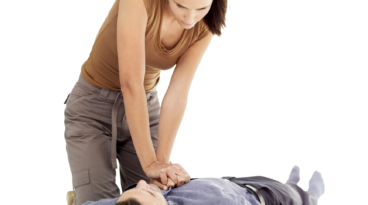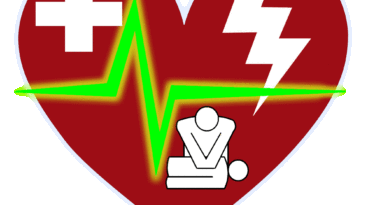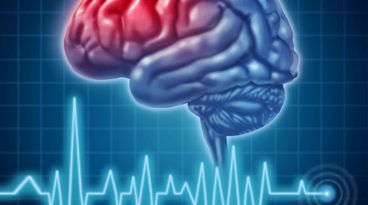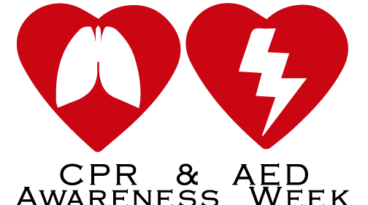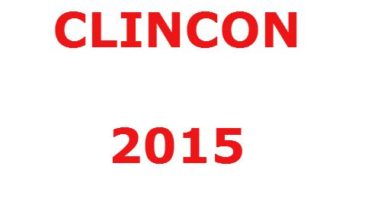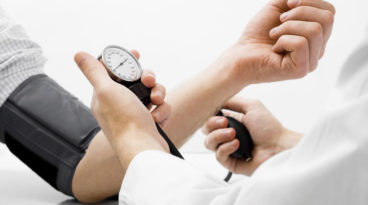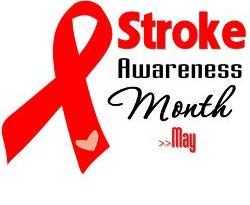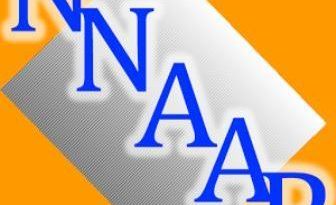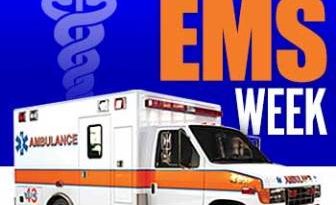
2015 First Aid Guidelines
![]()
With the continuous improvement and training of CPR and first aid techniques, the survival rate of those suffering from sudden cardiac arrest is increasing. Every five years, guidelines on how rescuers should perform first aid and basic life supporting techniques are reviewed and updated.
Read more
